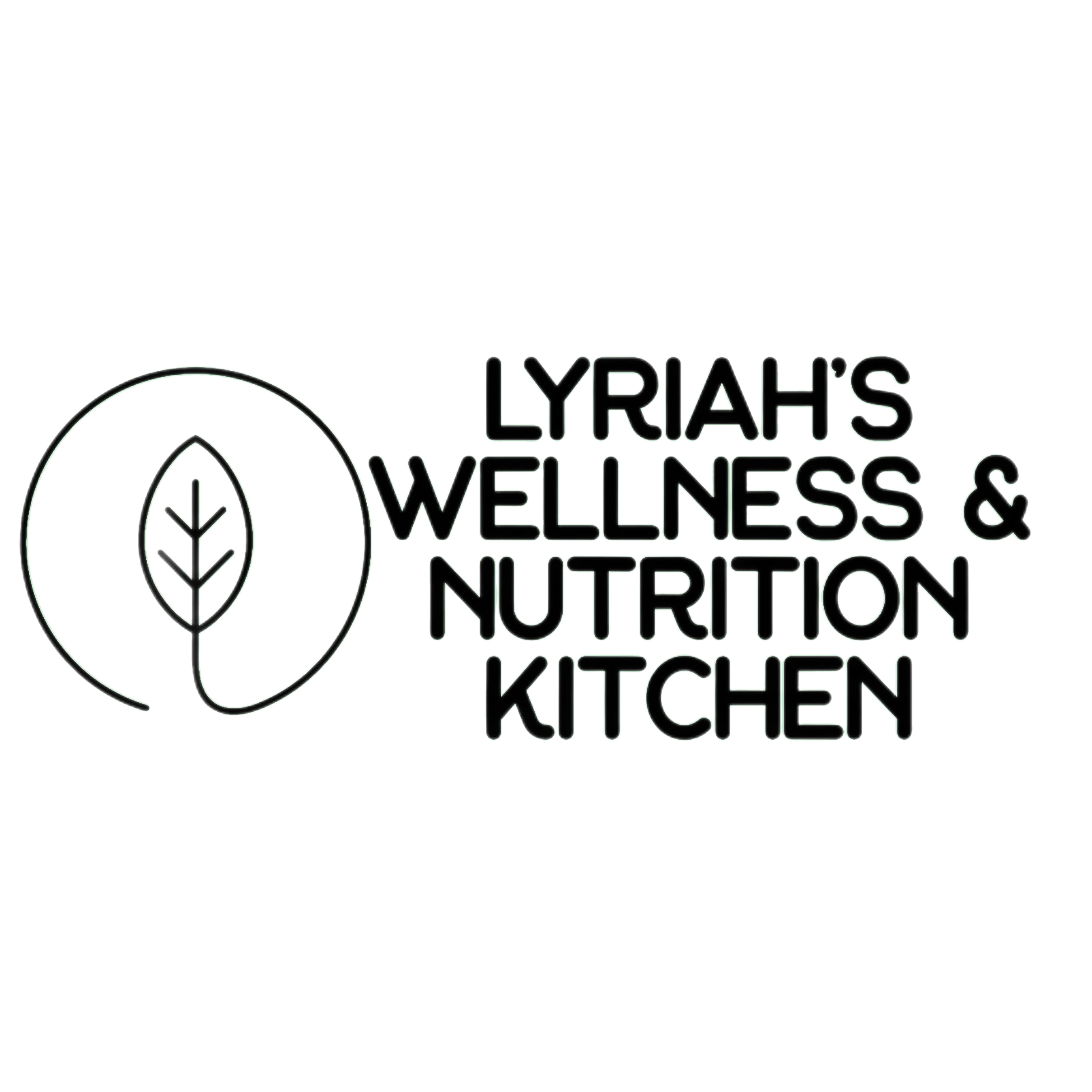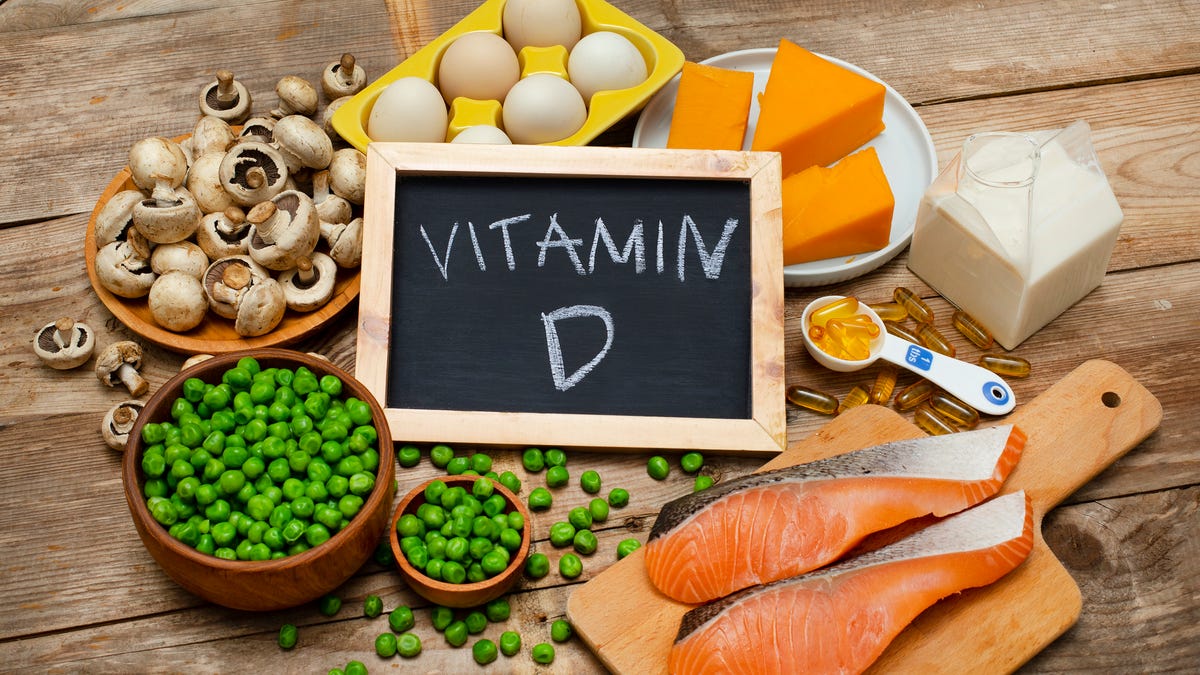It is officially winter in 6 weeks and it seems like everyone around me is either coughing, blowing their nose or congested. Our immune system is about to put in overtime to try and keep our bodies safe from infections.
What are you doing to help boost your immunity in order to minimize getting sick?
One thing I do is reflect on my nutrition intake and what I need to consume more of and less of. Eating unhealthy foods will put stress on the body and affect how your immune system operates. Reducing those types of foods during the winter months Isn’t just crucial for your immunity but also for your weight loss goals. As we know we tend to gain more weight during those months due to reduced activities.
Increasing your intake of healthier foods will not only boost immunity but also maintain your body and all the hard work you’ve put in the last few months. While there are a huge number of nutrients that play a role in our immunity, below is a list of the top nutrients i think you should consume more of during the winter months.
MY TOP 5 NUTRIENTS TO BOOST IMMUNITY
-
Vitamin C - which helps with immune defense by supporting a variety of cell functions and can lower the risk of respiratory infections. It can also help the growth and repair of tissues in your body. You can increase vitamin C by eating a wide range of fruits and vegetables including tomatoes, broccoli, brussel sprouts, oranges, kiwi fruits and strawberries. For those who hate eating veggies, cold press juices and smoothies can help here.
-
Vitamin D- even though our bodies produce its own vitamin D through sun exposure, we must increase it by consuming other sources during the winter months due to less sun exposure in winter. The primary role of vitamin D in the body is to regulate how the body absorbs calcium making it essential for Bone health. There is growing research showing that low levels of vitamin D might be linked to immune function, mental health, gastrointestinal health and a number of other conditions. You can increase vitamin d through supplements, salmon and organic dairy products.
-
Zinc - unlike Vitamin D, our body does not create its own zinc. Zinc is an essential nutrient that the body cannot produce or store. It plays a role in helping to produce new immune cells and supports communication between immune cells. It is mainly found in animal products (meat, dairy, eggs). Plant sources included fortified cereals, seeds, nuts, legumes and whole grains. Vegans and vegetarians may have lower zinc levels as plant based sources also contain compounds that inhibit zinc absorption.
-
Iron - having an iron level that is adequate is essential for a healthy immune system. If you’re like me who is anemic you know more than anyone else how important this is. If your iron levels are low at the time you’re exposed to a virus , your body might find it more difficult to fight off the virus. Women and children are at a high risk of iron deficiency so if you have young children make sure their levels are adequate as well. Some sources are red meat, chicken, fish, beans, lentils, oats, fortified breakfast cereals & supplements.
-
Vitamin A - helps to maintain your body’s natural defense. It is essential to the cells that line mucosa in your lungs, nose and mouth. It also aids in the production and function of white blood cells, which help capture and clear bacteria and other pathogens from your bloodstream. Not having enough enough vitamin A will give viruses a better chance of getting through your first line of defense. Some sources of vitamin A are cheese, eggs, oily fish, milk, yogurt, carrots, pumpkin, sweet potato, spinach, broccoli.
At Lyriah's Wellness Kitchen we have a range of products that can aid in booting your immunity. Check out our immunity booster section.


